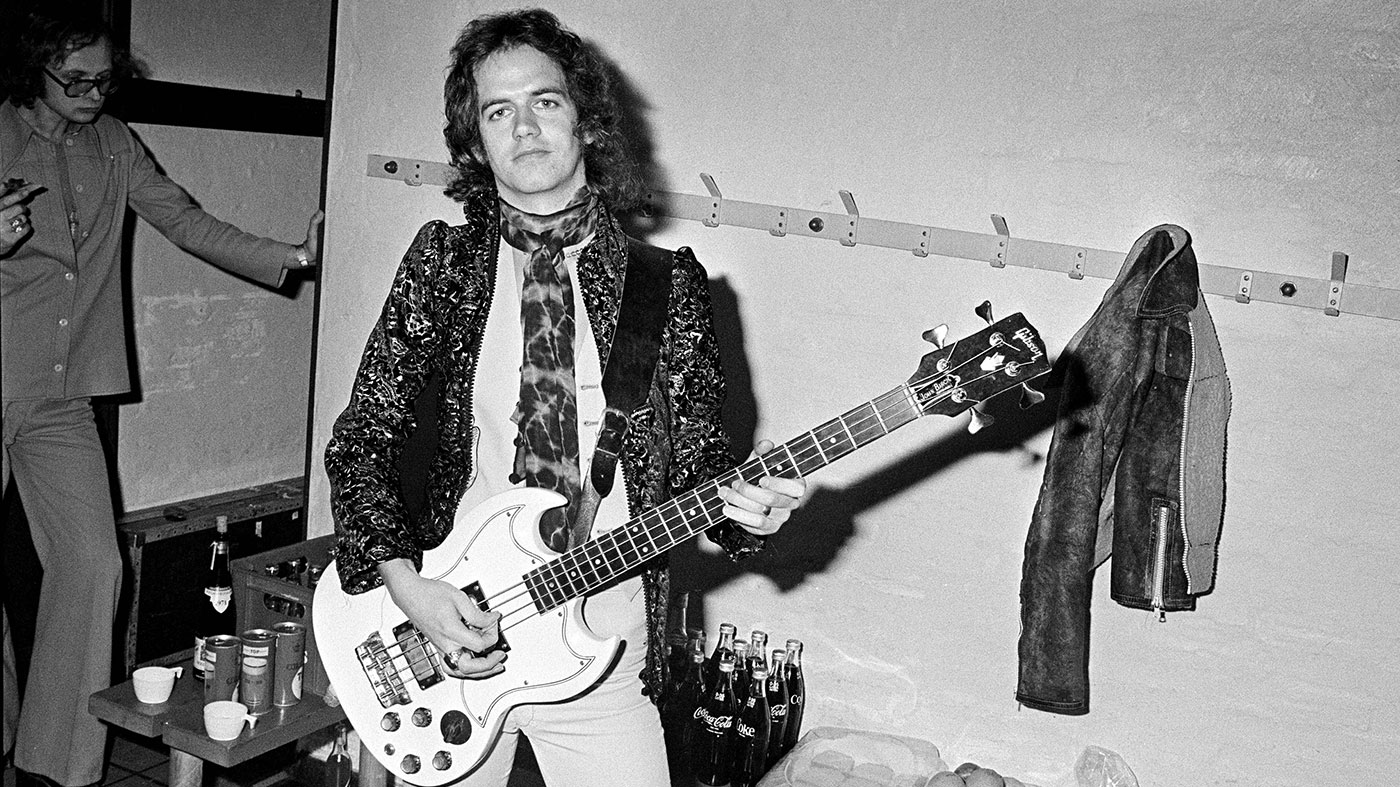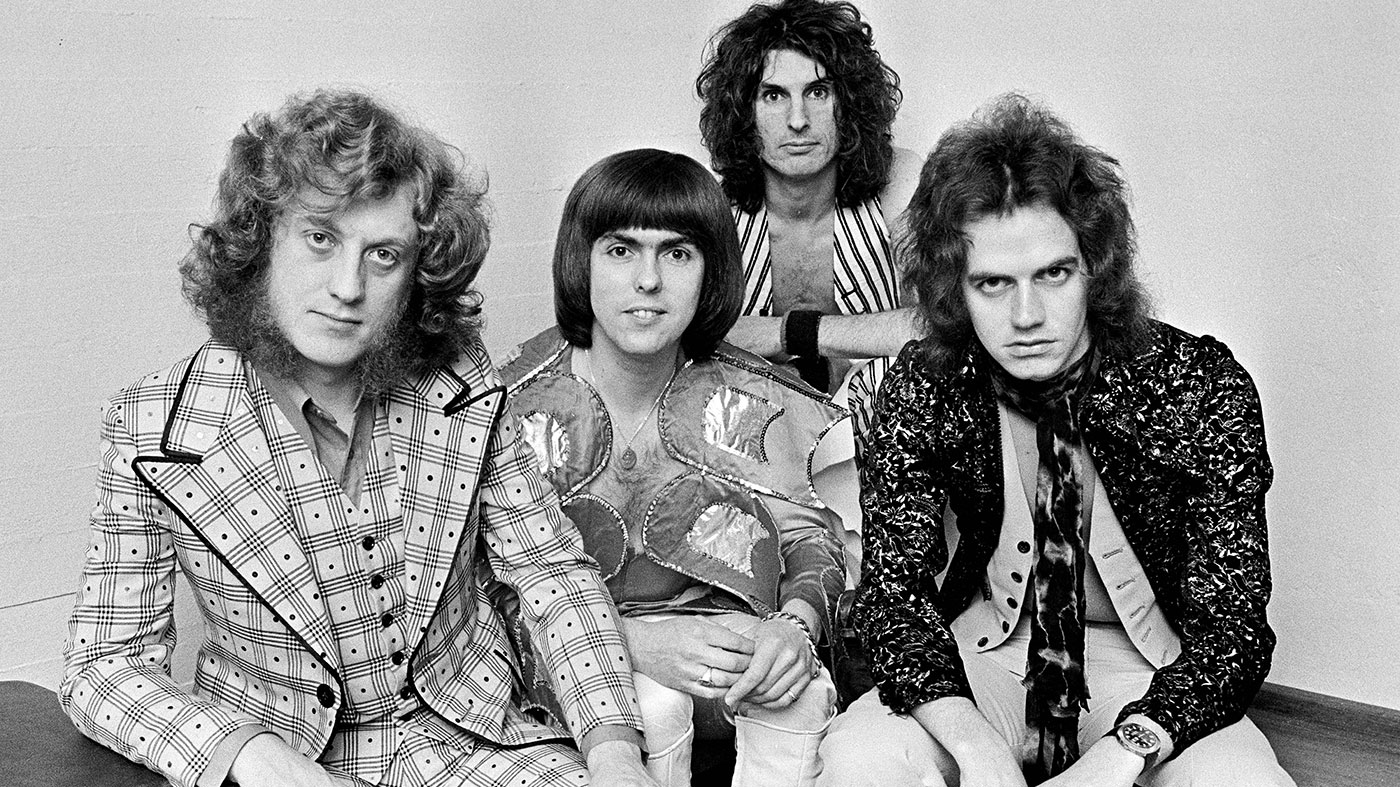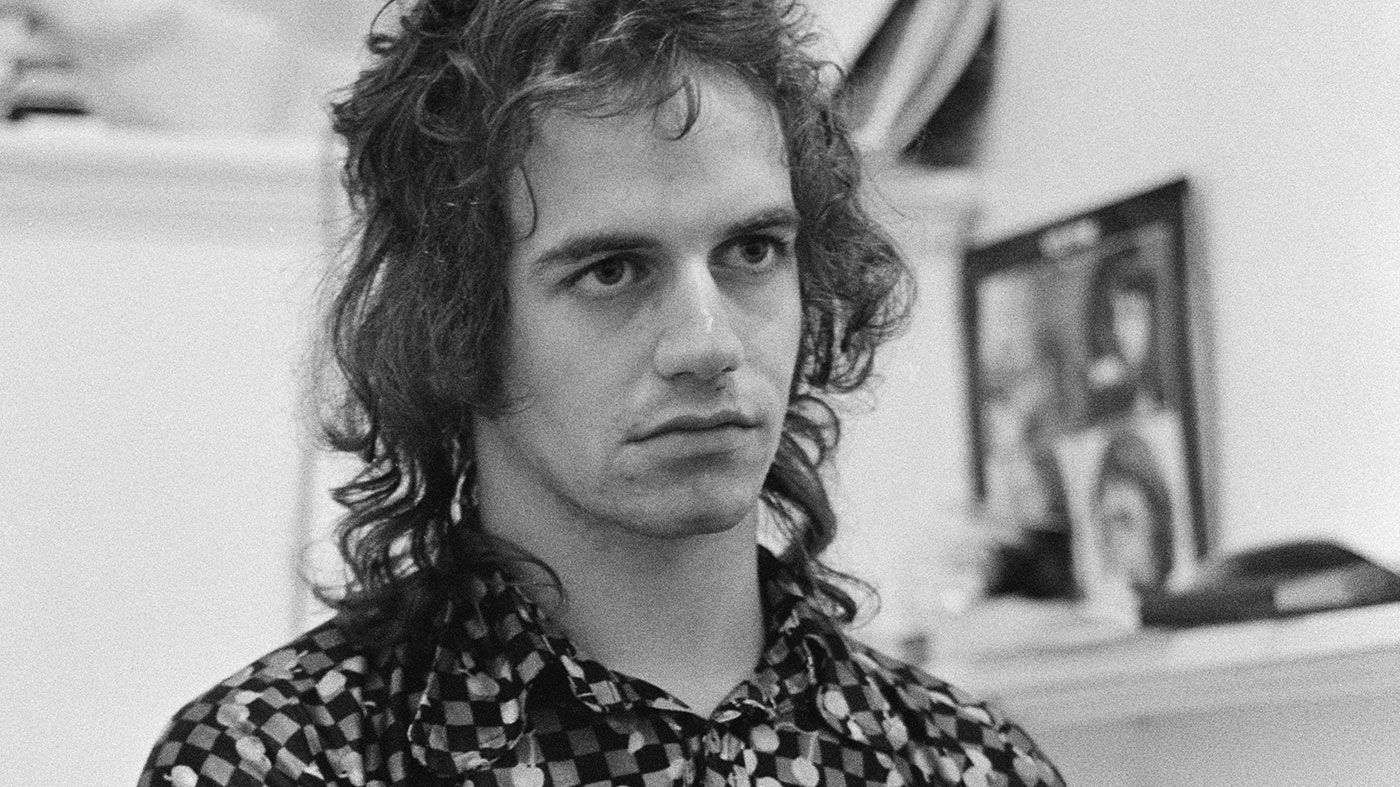Slade's Jim Lea: “I got the job because I didn’t play like a bass player”
The UK bassist on his solo album and failure's silver linings

Passing him in the street, you could be forgiven for failing to recognise Jim Lea, and that’s just the way he likes it. As the principal songwriter of Slade, the bassist, violinist and multi-musician was a driving force behind one of the most successful rock bands of all time.
Their record of 17 consecutive Top 20 hits and six Number Ones during the 1970s is unlikely to be surpassed. However, while two members of Slade would have sold their grandmothers for the spotlight – step forward Noddy Holder and Mr Superyob himself, Dave Hill – by comparison their rhythm section of Lea and drummer Don Powell were shrinking violets.
It’s no surprise, then, that Lea maintained a low profile since Slade’s final dissolution in 1992, keeping himself busy by studying psychotherapy for 20 years, nursing his father and an elder brother through dementia and now looking after a housebound mum, in addition to beating prostate cancer.
Therapeutic
Issued in 2007, a solo album, Therapy, saw him sidestep Slade’s usual terrace anthems for more thoughtful, considered territory, and there were just two professional live appearances, the most recent being four songs performed last year following a Q&A session in the Midlands. Attended by fans from all over the world, many of whom were reduced to tears by what they saw and heard, the brief set proved to be a revitalising experience.
It’s easy for me to write songs that sound like Slade. But I’ve got more in me than that
The result is a six-song EP called Lost In Space. With Lea once again performing all of the instruments, its contents were written before the cancer battle but recorded afterwards, save for his voice.
“I can’t sing now, due to the treatment which removes your testosterone and leaves you permanently exhausted,” Jim reveals. “Luckily I had some decent vocal takes from years ago.”
Save for its Electric Light Orchestra-esque title song, Lost In Space is a hard-rocking set that tips its mirrored top hat back to those halcyon Slade daze.
Want all the hottest music and gear news, reviews, deals, features and more, direct to your inbox? Sign up here.
“I was the writer in that band, and it’s easy for me to write songs that sound like Slade,” he states. “But I’ve got more in me than that. I want to talk about other, deeper stuff and that’s why I made the Therapy album. I never stopped writing; you wouldn’t believe the amount of material I have stockpiled. There will definitely be more albums from me.”
However, Jim is forced to admit that barring a sensational recovery, his days as a live performer may now be over and done. “I hope not,” he comments, sounding surprisingly chirpy. “My testosterone levels are rising but I need them to go higher. What I don’t do is think negatively about it all.”

Slade daze
Looking back, Lea admits to harbouring regrets over a chain of incidents that began in 1983 when Slade were forced to cancel a US tour supporting Ozzy Osbourne, sowing the seeds for an eventual break-up.
“I developed liver disease so we had to come home,” he relates sadly. “America just didn’t get Slade, and it didn’t feel that they ever would, but I wish we’d have finished those dates with Ozzy – because little did anybody know that the whole MTV revolution was just around the corner.
Quiet Riot’s version was rather cabaret – and I never, ever dreamed it would be a hit in the States
What happened next was almost comical - a Californian band called Quiet Riot took a cover of Slade’s classic 1973 hit Cum On Feel The Noize into America’s Top Five, singer Kevin DuBrow rudely dismissing Holder as “a poor man’s Steve Marriott” before their own house of cards tumbled down. All Slade could do was count the royalties and rue their bad luck.
“Quiet Riot’s version was rather cabaret - and I never, ever dreamed it would be a hit in the States,” Lea laughs. “I just sat around in the garden and earned more money than ever before in my life.”
Lea is no tech-head. Because Slade tended to use rented or borrowed gear throughout their heyday years, he has no loyalty towards a particular brand, though at first he used a Gibson EB-0, followed by an exact replica made for him by John Birch Guitars after it was stolen. He played these through a Laney bass stack with two 4x12 cabs. Later on, two further Vox 2x15 cabs were added. During the 80s, his arsenal was supplemented by a pair of Martin bass bins “for good measure”. His violin had its own amp, “a Marshall 100-watt 8x12 stack for top end.”

Fall-in
Oddly, for all of the kudos afforded him as a bassist, Jim simply fell into the role. “I got the job with The ’N Betweens [who became Slade] because I didn’t play like a bass player,” he admits.
My technique was just to play extremely fast, and I played octaves and used distortion to create a style of my own
“I started out as a guitarist and became a bassist through necessity when somebody left a band. It didn’t feel like a big deal. My technique was just to play extremely fast, and I played octaves and used distortion to create a style of my own. I was Stanley Clarke before Stanley Clarke.”
Slade’s legendary wall of sound was based upon him “blocking out the chords” in time with a four-to-the-floor beat, Powell adding a shuffle on the snare drum. “We found it at the end of a rehearsal and it served us well down the years,” he smiles at the memory. “It’s all about the confidence.”
So many years later, a reunion of Slade is most unlikely, it seems. Dave Hill and Don Powell continue to tour under the name but Holder, whose foghorn delivery was so pivotal to their sound, is now 72 years old and has long since abandoned music for a broader-based career as an entertainer.
“Some [unpleasant] stuff has gone on between us, though that’s the same with any band,” Jim reveals, an element of sadness creeping in for the first time.
“I never thought that would happen, but it did. And yes, of course Nod’s voice would be a problem - I don’t see how he could do it again. That would be like expecting Mo Farah to run a marathon at 60. He could probably finish one, but it would take quite a while!”
Lost In Space is out now.

